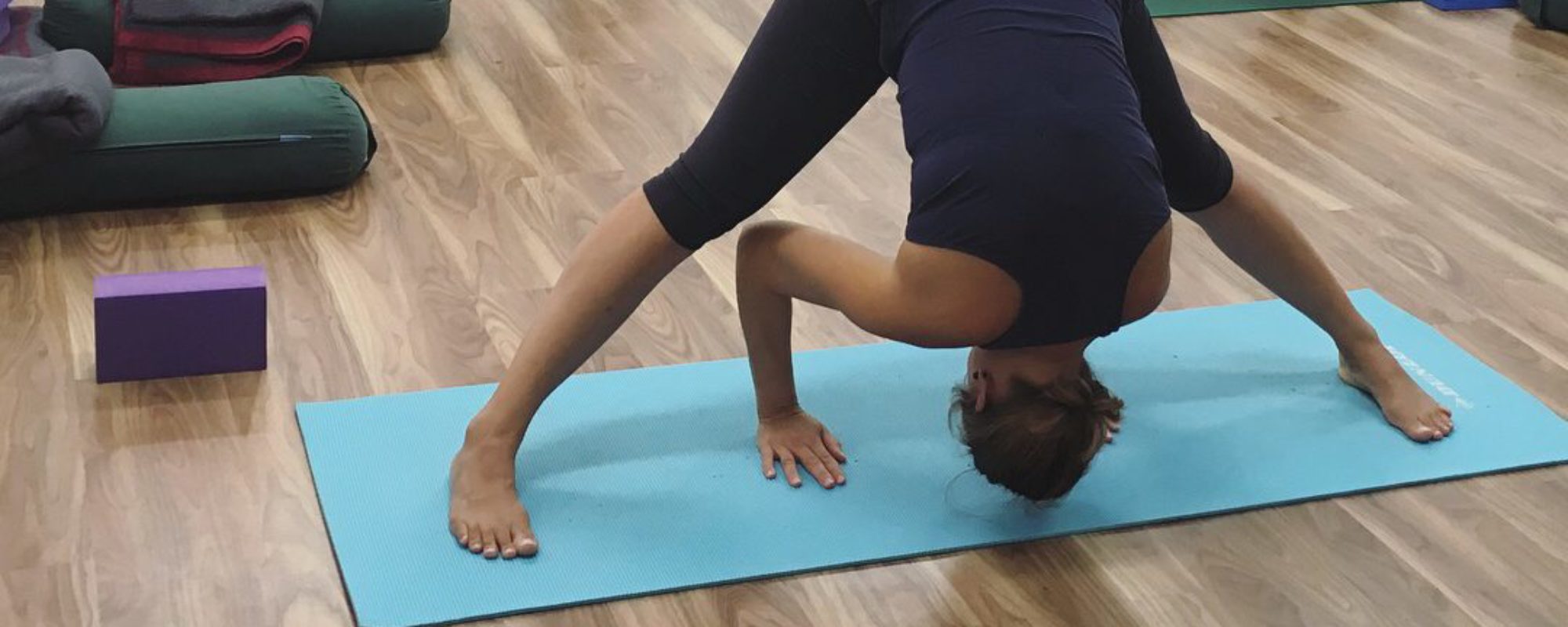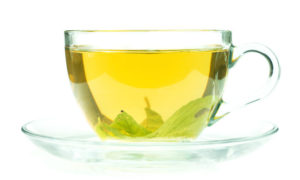 I recently read a cry for help on a forum – a pregnant woman had been suffering from the flu and then bronchitis for 8 weeks and despite taking antibiotics her illness wasn’t shifting. The responses came in thick and fast – probiotics, vitamin C, lemon and honey, garlic and onions, vegan capsules… all sorts of remedies, most of them natural. When I asked if the woman was getting much rest she replied that she was 30 weeks pregnant, had two children under 5 and had just moved house…
I recently read a cry for help on a forum – a pregnant woman had been suffering from the flu and then bronchitis for 8 weeks and despite taking antibiotics her illness wasn’t shifting. The responses came in thick and fast – probiotics, vitamin C, lemon and honey, garlic and onions, vegan capsules… all sorts of remedies, most of them natural. When I asked if the woman was getting much rest she replied that she was 30 weeks pregnant, had two children under 5 and had just moved house…
The Magic Pill.
Unfortunately this is a pattern seen time and time again – the search for the magic pill. “There must be something I can take that will make a difference?” Well sometimes there is. Ask anyone who has had a diagnosis of B12 deficiency followed by a B12 injection – they quite literally go skipping out of the doctor’s office. However most of the time we need to focus on the basics. And unfortunately the basics require effort, usually a change in lifestyle or routine and most definitely owning up to the fact that we are not 100%.
A friend recently told me that she had been developing a cough and a tight feeling in her chest whenever she went for a walk or did anything that lifted her heart rate. (I had also heard this before from another friend). She had been to the doctor’s and was prescribed an asthma puffer as a trial, in case she had developed adult-onset asthma. I mentioned to her that this could be a symptom of anxiety. Her response was very quick – “It’s not anxiety – I’ve got nothing to be anxious about!” I won’t go into anxiety symptoms here but the point is often we prefer to ignore these inconvenient symptoms and would much rather just take something that makes them go away. Often the first step in truly becoming well is admitting that perhaps we aren’t as healthy as we could be… and the truth hurts!!
The Basics.
- Nutrition
- Exercise
- Sleep
- Stress management
There’s a reason I don’t sell a lot of supplements, talk about superfoods or push the latest health trends (very often). It’s because the majority of people aren’t doing the basics. By dialling in these basics most people find many of their inconvenient symptoms clear up and their general health improves out of sight.
 Nutrition – “How’s your diet?” A question that should be asked at the beginning of every medical consultation in my opinion! Having said that, the response is usually one of two things – pretty bad or pretty good. Pretty bad I think may be the better response! There’s no denial there! When questioned further most people with a “pretty good” diet go on to say that they avoid fat and eat salad with dinner. Unfortunately the information we’ve been fed for the last few decades regarding good diet has made us sicker than ever and what we thought was common knowledge is now being de-bunked as bad science. Dial it in: Focus on cutting out processed foods, sugar and vegetable (seed) oils and eating the foods that nature provides – vegetables, fruit, meat, fish, seafood, nuts and seeds.
Nutrition – “How’s your diet?” A question that should be asked at the beginning of every medical consultation in my opinion! Having said that, the response is usually one of two things – pretty bad or pretty good. Pretty bad I think may be the better response! There’s no denial there! When questioned further most people with a “pretty good” diet go on to say that they avoid fat and eat salad with dinner. Unfortunately the information we’ve been fed for the last few decades regarding good diet has made us sicker than ever and what we thought was common knowledge is now being de-bunked as bad science. Dial it in: Focus on cutting out processed foods, sugar and vegetable (seed) oils and eating the foods that nature provides – vegetables, fruit, meat, fish, seafood, nuts and seeds.
Exercise – “Describe your exercise routine.” I’ve discussed over-exercising before and that exercise is essentially stress. However stress that promotes positive change and adaptation is good, plus there are additional benefits such as getting outside into sunshine and fresh air, and socialising with like-minded people. Feeling better about yourself, improved immunity, better circulation, higher muscle mass, increased bone density, fitter cardiovascular function – these are the positive results of stress caused by exercise. Do too much however and you can tip the balance to negative town and actually increase your risk of illness and chronic disease, lose muscle mass and cause stress hormones to circulate through your body. Again I think this one is actually easier for the person who admits they don’t exercise. They simply have to start going for walks, trying fitness classes with friends or go back to their high school swimming days and hit the pool for some laps. The person who is training twice per day is going to be much harder to convince when it comes to changing exercise routines. Dial it in: Be honest – how much exercise are you doing and does it make you healthier?
Sleep – “How many hours per night do you sleep and how well do you sleep?” This one baffles me a bit as I tend to sleep really well and I’m not sure how people survive not sleeping well! If I don’t sleep well there’s usually a reason and I get straight on to sorting it out. Did I stay up too late on my laptop? Did I eat something that made me uncomfortable or perhaps have a lot on my mind that I need to do something about. Research has shown time and time again the important role that sleep plays in restoring the body and mind. Similarly, research has also shown how a lack of quality sleep can affect everything from depression symptoms, ability to concentrate, appetite regulation, blood glucose levels and the functioning of the immune system. Dial it in: To promote quality sleep have a regular bed time and wind down before hand. Think low lighting, a warm bath, a good book, soft music, conversation with family or writing in a journal (particularly good if you tend to ruminate on thoughts or go over all the things you need to do.) Avoid bright lights, screens and working late, have the bedroom cool and dark and turn off the TV.
Stress management – “What do you do to relax?” I remember very clearly not being able to answer this question (nor the question “what do you do for fun?”) when I was struggling through a really down time and sought the help of a natural health practitioner. I’ve also written about stress and our modern lifestyle numerous times before. Our way of life now is miles away from what nature intended. Constant work and family pressure, fluorescent lighting, phones, emails, internet and our ‘want it now’ mentality literally force us to be ‘on’ all of the time. Unless we are actively pursuing relaxation and contentment, chances are all we are doing is working, looking after other people and perhaps having a few drinks to knock ourselves out on the weekend. Dial it in: If you can’t answer the question – “What do you do to relax?” its time to figure out how you can – and do it regularly!
Part 2 to come – avoiding illnesses from common viruses and bacteria, plus specific nutrients to support the immune system.
Kelly Moriarty BVSc Dip Nutrition Cert IV fitness




